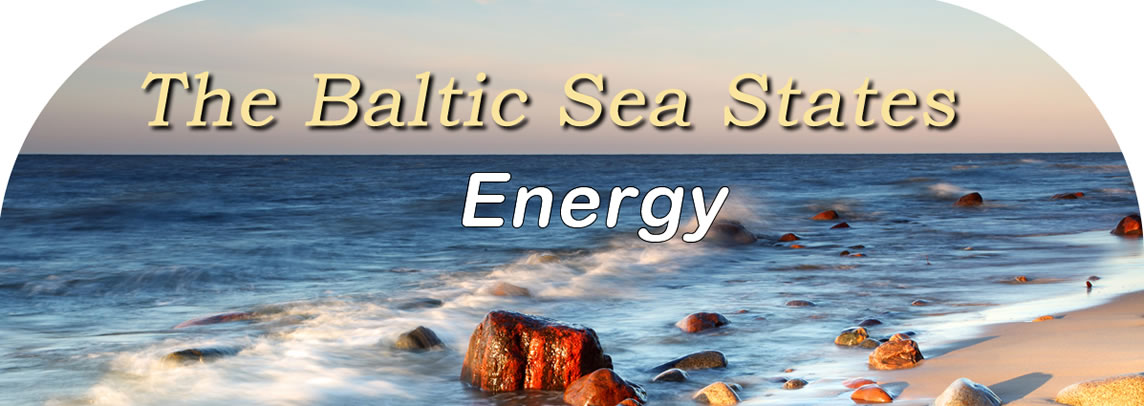
Energy
Policies and Provisions In The Baltic Sea States
The Baltic Sea nations have
had a long history of energy dependence on Russian gas and oil.
Although some nations, such as Sweden, Russia and Norway, have
headed towards a self-sufficient energy policy; other nations,
including Estonia, Latvia, Lithuania and Finland are still heavily
dependent on Russia for their energy needs.
It becomes increasingly apparent as to why Estonia, Latvia and
Lithuania have had such a hard time becoming independent from Russia
when one peers into the history of the Soviet reign. Because these
nations were annexed by Russia after the end of World War II (WWII),
they only became independent nations after the demise of the Soviet
Union in 1991. With such little time to emancipate themselves from
the Russian-imposed political shackles, these Baltic Sea nations
have yet to devise a comprehensive energy policy that steers away
from Russian fossil fuels.
In recent years, the Baltic states of Estonia, Latvia and Lithuania
have begun to to emulate their Baltic neighbors in the European
Union (EU). Norway and Sweden have invested in alternative forms of
energy that have served to reduce their overall carbon-footprint on
the world. The ex-satellite nations have a lot to learn from their
environmentally conscientious neighbors in the realm of energy
provisions.
In the past couple of years, Estonia, Latvia and Lithuania have
ascribed to many of the provisions laid-out by their Baltic Sea
neighbors, including augmenting the competitiveness of their
domestic energy markets, securing and diversifying their sources of
energy, and steering towards renewable energy sources.
For example, Latvia has set a precedence for the other two
ex-satellite nations to follow. They have started to set very
ambitious objectives for attaining sources of renewable and
sustainable energy in the near future. Their ambition is
commendable, because they are showing fervent initiative to break
away from the dark era of communism.
Lithuania, on the other hand, will become the first Baltic Sea state
to serve as the President of the EU in 2013. Being held in such high
esteem, Lithuania will have to set a number of precedents on
European energy policies in years to come. Lithuania is expected to
consolidate the EU's energy infrastructure, while also working to
strengthen the common energy policy goals between all of the EU
nations.
Lithuania will also be working to tie together a number of
pioneering energy projects that will jointly effect all eight EU
nations that border the Baltic Sea. The plan is to implement a
variety of policies that subserve more accessible, secure and
efficient energy markets. Hopefully, Lithuania will be successful in
jointly benefiting every Baltic Sea state in the future.
Before any of the aforementioned objectives can be attained, the
ex-satellite Baltic Sea states must first work to liberate
themselves from their Russian constraints. It may be a long and
arduous project, but at their current rate, they should be able to
significantly decrease their energy dependence on Russia in the near
future. In the end, they still have a way to go before they finally
reach a self-sustaining energy infrastructure.

© Baltic21.org
2013, All Rights Reserved |

